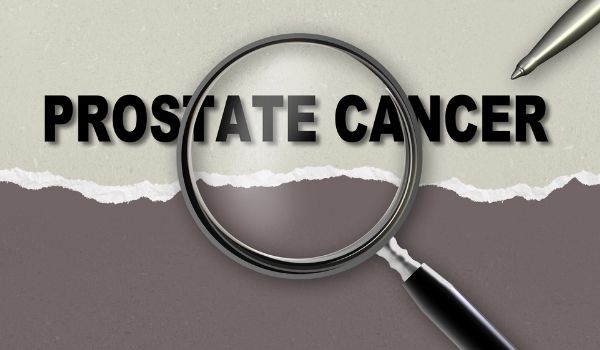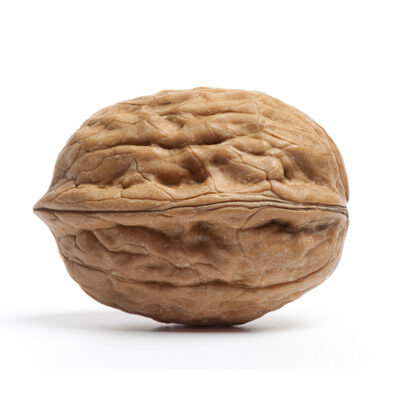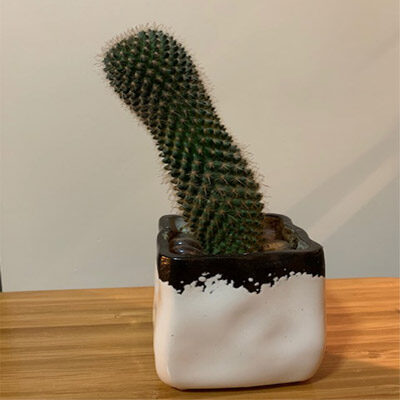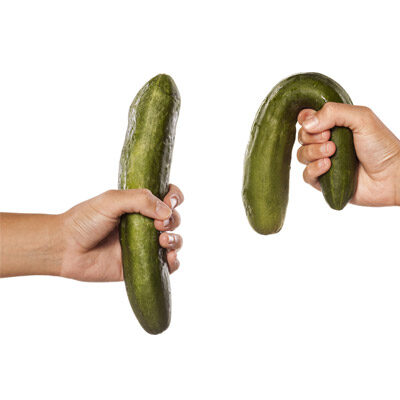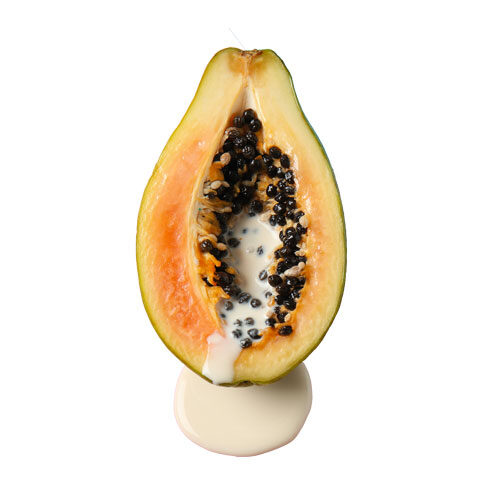This is a quick guide to all the things I found out in the first year of my PC journey.
The list provides where I found information and support group sites and a range of ideas I investigated (i) before treatment and (ii) after treatment to minimise the impact of prostate cancer on me and my family. I found that the more I did, the more support I got, the better my outcome; it was that simple!
RSHC now offers medical weight loss management
Your Partner or Trusted Friend: your #1 asset
If you’re lucky enough to have a partner like I am, he/she can be your best resource for help, sexual physiotherapy and mental health. If you are single, a trusted friend can fill some of these roles. So make sure you nurture the relationships with them and protect these special people who journey with you. Many survivors report that ultimately, they end up with a better, deeper relationship with their significant one. I certainly have. But it was a tumultuous journey at times. I look back and wished we had taken that extra step and got some additional counselling instead of just winging it ourselves.
Information and Support Sites I Found the Best
A Touchy Subject
Website created as an educational hub by Victoria Cullen (BSc, MSc).
Sexual health and rehabilitation after prostate cancer – lots of free Youtube videos on all aspects of post PC therapies, a free penile rehabilitation program, newsletters and personal stories. This is just a fabulous resource for all things related to your recovery, delivered in a caring, factual and at times humourous way.
ConnectAble Therapies
Created by Tess Deveze. A Melbourne-based occupational therapy (OT) consulting service practicing in sexuality, intimacy, arousal, communication, and partner dynamics and specialising in post cancer patients. E-books, information, online courses, video tutorials and 1 to 1 consultations. This is the site gives the most compassion and advice on getting your sex life back on track despite your cancer.
There is also a private Facebook support group you can access via Tess’ web page.
Prost & The Penis Project
Not-for-profit website created by Dr. Jo Milios (physiotherapist). Sexual and urinary rehabilitation after prostate cancer. Along with Nurse Practitioner Melissa Hadley Barratt, these two women also create the “Penis Project” podcasts which provide facts, information, interviews with urologists, oncologists and other related health enthusiasts. There are over 60 episodes and they are just brilliant to listen to and to find out everything penis related. They also run one of the few specialized health clinics (in Perth, Western Australia) focussing on male sexual health and can be consulted online. Search for “Prost.com.au” and “The Penis Project” in your podcast app.
Facebook Group – about 670 members, worldwide, but predominantly Nth America and Australia. This group is an open forum support group about living with and life after treatment for prostate cancer.
This group was created in the hopes of providing members a comfortable place to discuss the frustrating, confusing, sometimes heartbreaking, intimate details of prostate cancer without feeling embarrassed. I’ve been a member since diagnosis and now help to moderate the group. I learnt so much from interacting with all the members and being able to ask anything.
Website created by Mish Middlemann. Contains a blog of Mish’s journey, stories by other survivors and connection to an online support group. Mish’s site provides a connection point for our soul to our recovery.
Website created by Alan and Fiona White. Contains a blog and easily digestible information and ideas to manage recovery and the post treatment world that, in one form or another, we all must come to terms with.
Podcast (6 episodes) created by Mark Shanahan of the Boston Globe. Tells his the story of his journey through surgery, then salvage radiation. Insightful, funny and very relatable….I highly recommend this podcast for a listen.
Wellness guide by the Prostate Foundation in America. I really believe that staying as healthy as you can manage is good overall advice.
From My Personal Experience
- Get medical advice from multiple sources….no, not the internet! Get second and third opinions if you want.
- Ask about effectiveness and side effects from various treatments
- Ask about cost
- Ask about on-going support
All of the following will help you cope with your treatment and recover better. If you don’t end up having treatment, you’ll just be healthier.
- Get fit. Increase abdominal strength with pilates, gym or yoga. I only had about 6 weeks to prepare, but anything is better than nothing.
- If you are at all over-weight, try to lose some of it.
- Find a physiotherapist that specialises in Kegal exercises and start Kegals immediately.
- If you choose surgery, buy a medical grade VED (vacuum erection device), so you have one ready for your rehab when you are fit enough to start. I didn’t know what to get, but Victoria on A Touchy Subject does a review which might help. I got a Vacurect.
- Get your GP to prescribe Viagra and/or Cialis. Even if you don’t need them pre-treatment, understanding how they work and how they feel before treatment helps enormously after treatment. I was embarrassed when my GP suggested a script. But it was just brilliant and we had 6 weeks of fun and connection before all the drama of my surgery. It also provides a valuable segue to the inevitable changes in intimacy and communication with your partner.
- Begin to make your relationship as resilient and as communicative as possible. You are going to need it. My relationship was/is good, but not perfect….who’s is? But I made my crisis an opportunity to make it better.
- As soon as you are passed fit by your doctors, start your rehabilitation. Start slowly, making sure you give your body time to heal. I started at week 5. The number of men who overdo it seems endless; I was definitely one of them. Be patient! Build up to things slowly. It will pay off.
- Resume your kegal exercises but start off gently. Get real-time ultrasound feedback from your pelvic physio if possible. Understand the pelvic floor muscles are not biceps; they are more delicate. Listen to your body and measure your progress occasionally by weighing pads. One guy might need to do 100+ kegals per day, but for another this might be simply too many. You need to experiment to find the optimum. I found if I did too many I would go backwards. I eventually found the happy medium.
- Once you get the hang of it, doing kegals “in motion” really helps. Doing them whilst standing up, doing sit-ups, lunging……just lots of different motions.
- Lifting light weights at the gym can also help with incontinence. I guess you just naturally switch everything on in preparation for exertion. Again, it’s doing kegals in motion that helps.
- Get as fit as you can. Good cardio fitness supports good erectile performance. I hate the gym. But I went back to weights and cardio on top of my Bikram yoga 2-3 times a week. I can’t speak highly enough of the yoga as an exercise and a recovery therapy.
- Use the VED regularly until good play-time and reasonable night-time erections resume. This will keep up blood flow to the corpora cavernosa in your penis and minimise shortening of the penis due to surgical removal of a section of urethra. Even after erections have resumed, it’s probably a good idea to use a VED occasionally unless you have regained 100% functionality. I was just mortified by the prospect of having to use one of these things. Demeaning, embarrassing and shameful are just a few words that spring to mind. But I wanted my sex life back and my relationship to be happy and fulfilling. So, I just got over it……and it’s no drama now. Just don’t let the kids find it. Small kids might use it for play dough play. Teenagers would probably make a bong out it.
- Masturbate as frequently as is comfortable and possible. Recent studies indicate this is one of the best therapies for keeping the penile tissue in shape while the cavernous nerves heal and reconnect. I have got over my age-group related embarrassment and simply embrace this as a healthy activity and a very necessary therapy.
- Consider penile injections as a frontline therapy, not just something you do 6 months later when you are frustrated by a lack of progress from other methods. I know, it’s a scary thought and there are horror stories. But, if you can obtain the proper nursing or medical support to get you organised safely, the evidence shows that injections provide higher penile oxygen levels than VED for rehab. Erections from injections are reported to feel more natural during intercourse than VED derived erections. And once you get the dosage sorted out, an erection from an injection is good to go, whereas a pumped-up-erection frequently requires repeated use of the pump to “keep it up”. The mental health benefits from being able to resume intercourse with a partner soonest after treatment should not be underestimated. I didn’t use this therapy. But given my time again, I certainly would have tried it.
- Don’t forget the mental side of erectile recovery; the brain. Just like a paraplegic accident victim needs to tell his legs to move, erectile recovery also needs nerve impulses to be sent south from the brain. Your partner can really help here. Keeping in practice with erotic thoughts and creating/maintaining as much arousal with your partner as possible will help the nerve signals to reconnect. Keeping focus on erotic thoughts can be very difficult when the feedback mechanism is short-circuited by having no erections. But it’s very important to try. Pornography has its place, especially if you can find some ethical porn your partner might watch too. In the early part of my recovery, I read erotic literature and I found that particularly useful because it stimulates your imagination over relatively long time periods at a time when physical rehab can’t be too physical or prolonged.
- There is some evidence that vibrators help to stimulate nerve recovery. This makes sense given everything else above. Any and every type of stimulation to the erectile network is going to be at least pleasurable and most likely therapeutic too. There’s a great segment on vibrators on “A Touchy Subject” and which ones to buy and where.
- If you have had nerve sparing surgery, consider having some acupuncture to lessen the phenomenon called neuro praxia. Neuro praxia is where the all-important cavernous nerves enter an extended period of non-functional spasm as a result of the surgery to remove the prostate. There is no specific evidence for acupuncture helping in this manner, however, acupuncture does have good evidence for helping with pain reduction. It’s a low-risk therapy that may speed up recovery. I did a 3-4 month course with a GP-turned acupuncture therapist who I trusted from personal recommendation and knowledge. When I asked him for help, he did some research first, then agreed to a try an approach that would settle those nerves. It’s impossible to quantify the effect of this therapy (n=1), but a lot of my mid-recovery improvements coincided with these treatments. I felt I had little to lose except money and I’m really glad I tried it.
- Consider the benefits of yoga for both physical recovery and mental health. Lots of yoga poses strengthen the core muscles and the squeeze and release of postures help to flush hard to get at spaces (like the groin) with fresh oxygenated blood that will aid healing. I was fortunate to have been practising yoga for 6 years prior to PC, so I was already ok at it. But it is a great physical and mental health practice no matter what your circumstances.
- If you start to achieve some tumescence, the frustration of things not returning quickly is ever present. It can also be frustrating when you finally can muster enough of an erection for intercourse, only to have it fade soon after you get started. You need to use incremental improvements in erection stability to set up a positive feedback loop, rather than a negative one. Improvements will then work like compound interest rather than getting stuck with disappointment. I learnt to keep some erotic thoughts/fantasies ready on tap if/when my erections started to fade. This helped me conquer the problems with “fade out”.
- Understanding the effects of our body’s hormones can also be used to our advantage for erectile recovery. Dopamine is pro-erectile, so exercise and happiness/wellness are good for erections. Oxytocin is also pro-erectile so include plenty of touching/massage and foreplay into your sexual encounters. Testosterone levels are higher in the mornings, so make love earlier in the day. Serotonin is the sleep hormone and is not great for erections. Its lowest in the morning. Another reason to have sex early in the day in the e arly stages of recovery. Lastly, the reason anxiety can ruin your erections is the release of adrenaline. That fright and flight hormone can rear its head simply because of negative thoughts about performance or worry about any number of things. Watch for these responses and you’ll begin to become master of them rather than the other way around.
- Lastly, men focus on themselves enough as it is. When you’re recovering, there is a tendency to focus even more so on your own sexual needs because you have an understandable desire to get better quick. But it is critically important to consider your partner, their sexual and mental health needs and their feelings. Being overly focused on your own needs can simply be quite counterproductive to the very thing you want to achieve; i.e sexual recovery and resuming your sex life. I have learnt to use this crisis in my life as an opportunity to reconnect and revitalize the non-sexual communication with my partner. I make sure I’m more attentive to her day to day stuff and give her lots of head, foot and back rubs without expecting anything in return. It’s simple, easy and has paid handsome dividends for both of us.

